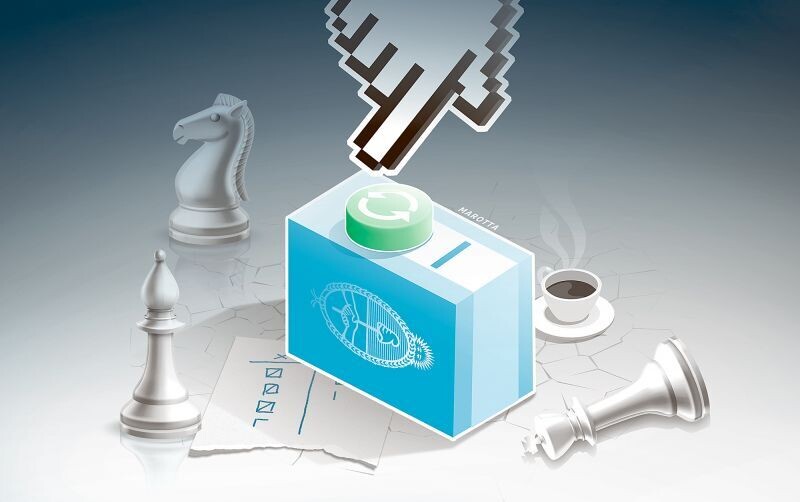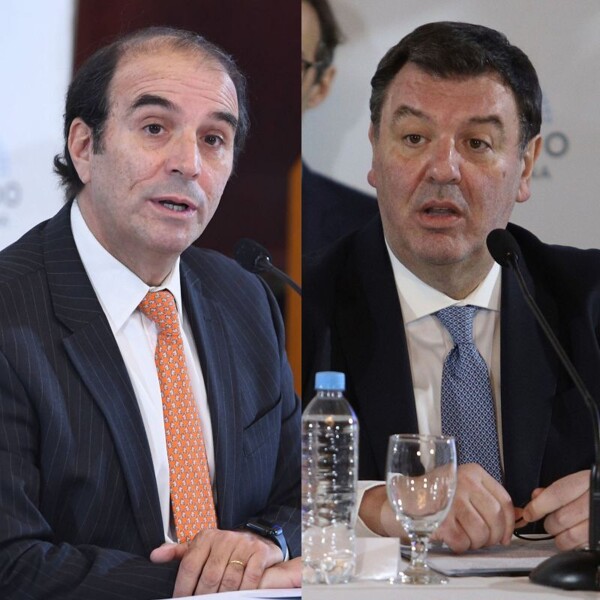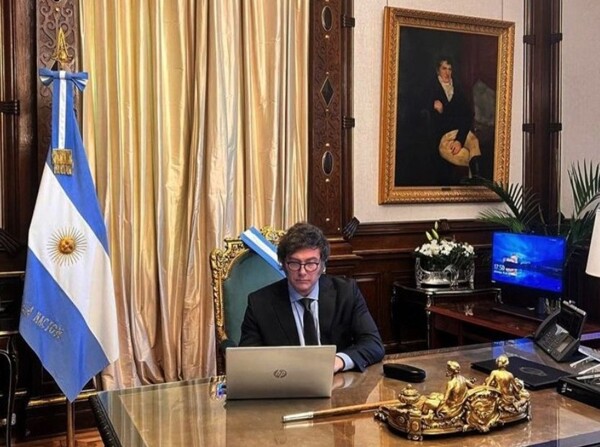
Before the elections, there is a possibility that no significant changes will occur. The goal of accumulating reserves may not tighten until 2026, as Javier Milei promised the removal of currency restrictions. In a scenario where no one wants the dollar situation to spiral out of control, the suspension of the PASO has shifted the horizon, generating caution in the government to avoid abrupt movements.
In the plan to shield the economy before the elections, the importance of maintaining the blend dollar and, at the same time, increasing reserves stands out. This strategy, although criticized by some sectors, is seen as a necessary step at a key moment for the country’s economic stability.
Some analysts believe that the suspension of the PASO has created a favorable scenario for important decisions at a time when the economy and popular support play fundamental roles. The agreement with the IMF to improve the Central Bank's reserves becomes crucial in this electoral context.
It is relevant to mention that, within the negotiations with the IMF, discussions are underway to receive the necessary approval. The agreement with the International Monetary Fund is key to stabilizing the country’s reserves at a time of political and economic tension.
It should be noted that the IMF does not require a devaluation as a strict condition in the agreement, but adjustments in the exchange rate are expected, accompanied by fiscal measures to ensure long-term economic stability. The importance of consolidating the IMF's support is perceived as a necessary step to guarantee stability and economic growth.
The new IMF representative in Buenos Aires, Max Alier, has taken over at a crucial moment in the negotiations between the international organization and Argentina. Alier's arrival marks a change in the dialogue with the IMF, generating expectations about the direction of negotiations and future financial agreements.
In summary, the current electoral and economic scenario poses challenges and opportunities for Argentina. The agreement with the IMF and economic stabilization measures are fundamental to ensuring a solid path towards growth and the country’s financial recovery. The coming months will be decisive in defining the direction and long-term economic stability.













